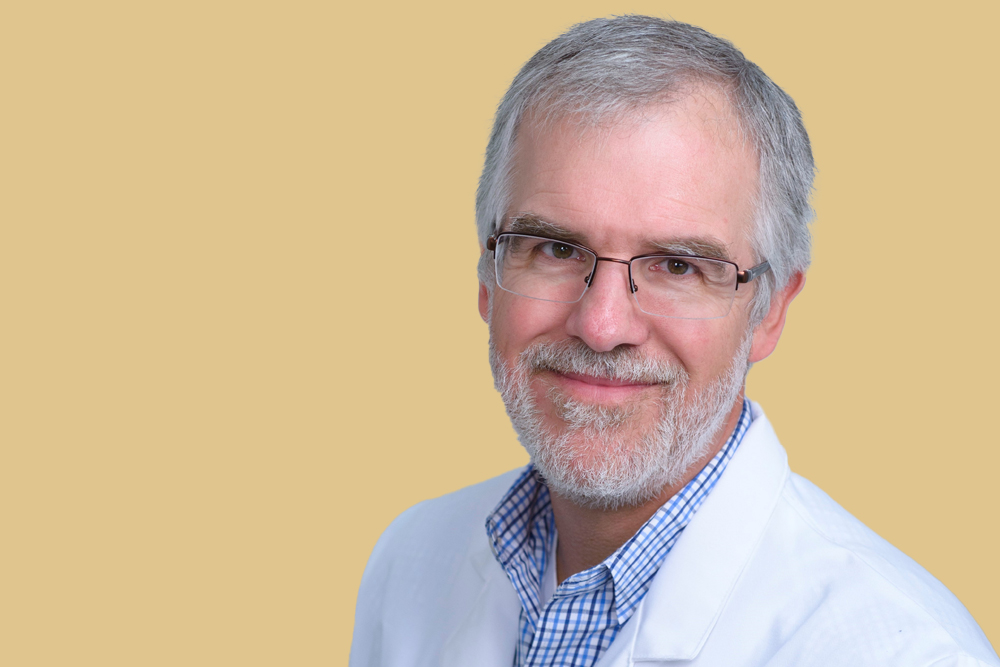How Can PAs Embrace the Lifestyle Medicine Specialty
As a Board Certified PA specializing in cardiology, Brad Biskup’s, PA-C, FACLM, DipACLM, MHS, MA, background in exercise physiology and nutrition has naturally merged with the principles of lifestyle medicine.
The lifestyle medicine specialty has six key pillars, Biskup explains: nutrition, movement, mindfulness, sleep, social connectivity and managing addictive behaviors.
“Most PAs already incorporate lifestyle medicine principles into their practice,” Biskup said. “This includes advising patients on better nutrition, exercise, stress management and sleep improvement. However, lifestyle medicine goes beyond recommendations— it involves applying scientific knowledge to patient care.”
Biskup believes lifestyle medicine should be a central focus during all visits, considering that 80% of diseases are preventable through a healthy lifestyle.
“For instance, the Mediterranean way of living or the Blue Zones lifestyle encompasses more than just nutrition; it’s about holistic well-being,” he said.
Developing a Lifestyle Medicine Program
Two years ago, Biskup helped develop the lifestyle medicine program Hartford HealthCare in Hartford, Conn. The clinic conducts 10-15 weekly consultations. In May, Biskup will launch the inaugural Hartford Healthcare Lifestyle Medicine Symposium.
Since joining the American College of Lifestyle Medicine (ACLM) in 2014, Biskup has seen firsthand how lifestyle medicine grew from 400 members to more than 11,000 members today.
“To be the first chair of the PA Member Interest Group and to have chaired the certification committee to now being on the board of directors at ACLM has shown me that PAs will continue to be part of the driving force for lifestyle medicine,” Biskup said. “I feel very fortunate to have been at the forefront of PAs in this field.”
“After joining ACLM, I wanted to bring PAs together to have a bigger voice within the college, which is how I became the first chair for the PA Member Interest group to now being on the board of directors at ACLM has shown me that PAs will continue to be part of the driving force for lifestyle medicine,” he said. “I feel very fortunate to have been at the forefront of PAs in this field.”
Implementing Lifestyle Medicine in Your Practice
Biskup said Shared Medical Appointments are an effective tool for implementing lifestyle medicine, providing patients with group support and education on specific topics.
“We need to focus on education in an effective manner, which is why reviewing nutrition with a presentation and then having a group discussion has been more effective than meeting individually,” he said. “It is also a much more effective use of provider time and improved Relative Value Units (RVUs) for reimbursement.”
Biskup said as in most cases, the success of lifestyle medicine hinges on patient compliance.
“One of the main focuses is providing the patient with the tools and motivation to be successful,” Biskup said. “If we are part of ‘the team’ with our patient, we need to assume the success and the failures. This is where the true art of lifestyle medicine has its place.”
Brad Biskup, PA-C, FACLM, DipACLM, MHS, MA, is a Board Certified PA who initiated the Lifestyle Medicine program at UCONN Health in 2010. He also helped develop the Lifestyle Medicine program at Hartford Healthcare in Hartford, Conn. His certifications include Exercise Specialist through the American College of Sports Medicine, tobacco dependence, as well as lifestyle medicine. He founded and led the first Member Interest Group at the American College of Lifestyle Medicine focusing on PAs. He was also the inaugural chair for the Certification Committee at ACLM. Currently, he serves on the ACLM Board of Directors, where he has been recognized as a Fellow.

